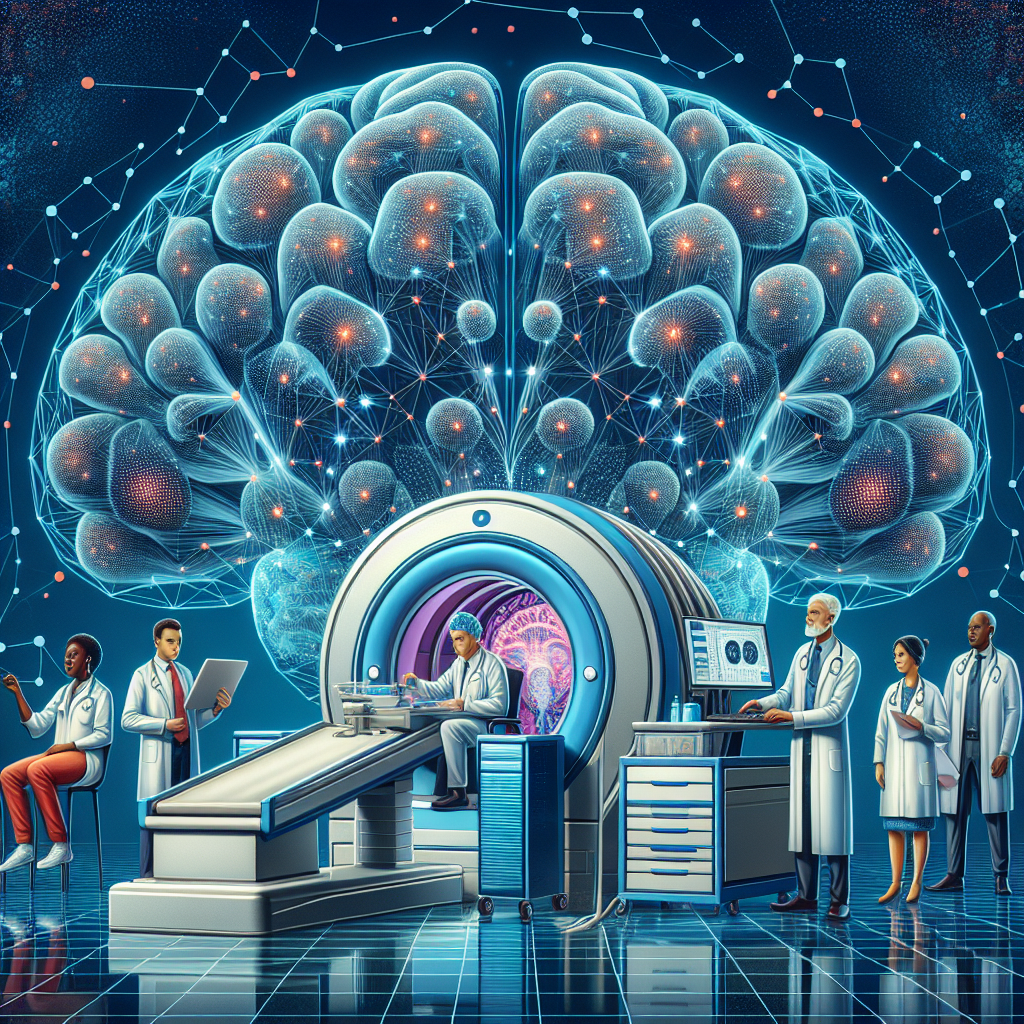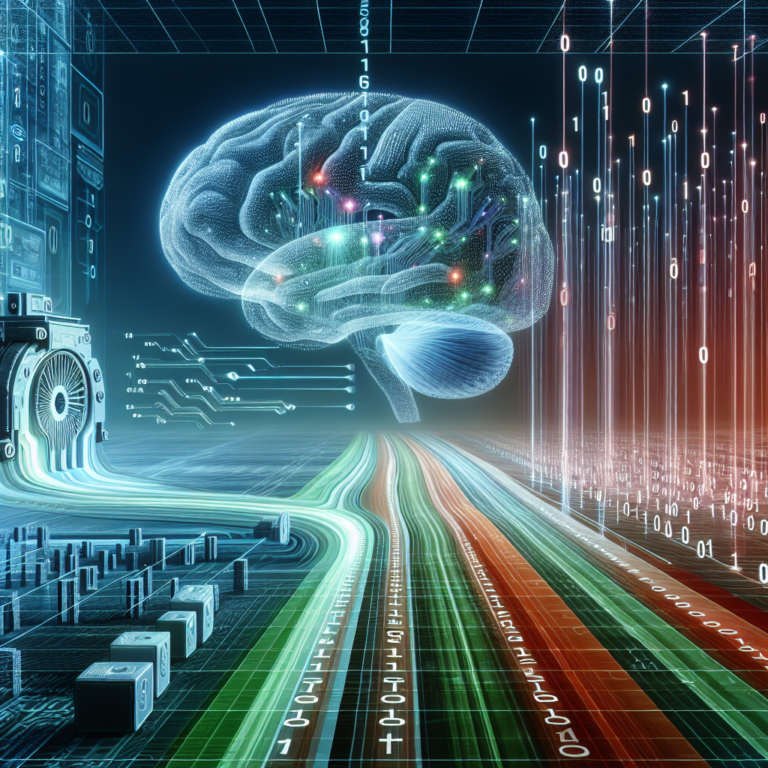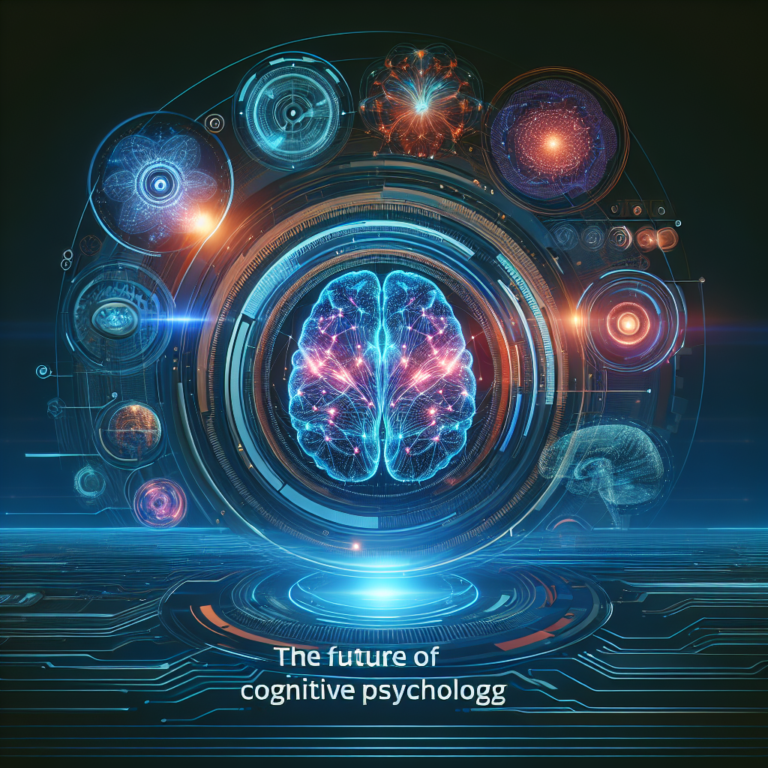
Introduction: The Dawn of a New Era
Imagine a world where mental health diagnoses are as precise as a blood test or an X-ray. For decades, the mental health field has relied on subjective evaluations and clinical interviews, often leading to inconsistent diagnoses and treatments. But what if we could peek deep into the brain’s complex machinery? Enter functional Magnetic Resonance Imaging (fMRI), a groundbreaking technology that is reshaping the landscape of mental health diagnosis. Beyond Images: How fMRI is Revolutionizing Mental Health Diagnosis is not just a tagline; it’s a movement that could fundamentally change how we understand and treat mental health disorders.
Understanding fMRI: The Basics
What is fMRI?
Functional MRI, or fMRI, is a non-invasive imaging technique that measures brain activity by detecting changes in blood flow. When certain areas of the brain are more active, they consume more oxygen. fMRI captures this dynamic shift to create detailed images that reflect the brain’s functional states.
How fMRI Works
Unlike traditional MRI, which provides static images, fMRI offers a real-time look at brain activity. The technology leverages the BOLD (Blood Oxygen Level Dependent) response to assess how different areas of the brain are activated during various tasks or in response to stimuli. This pivotal ability makes fMRI an essential tool for mental health diagnosis, granting insights beyond mere images.
Importance of fMRI in Mental Health
Mental health disorders, from anxiety and depression to schizophrenia, often exhibit unique patterns of brain activity. By employing fMRI, clinicians can identify these patterns, allowing for more personalized and accurate diagnoses. Hence, fMRI is revolutionizing mental health diagnosis by providing an objective criterion for conditions that have long been subjectively evaluated.
The Role of fMRI in Various Mental Health Disorders
Depression: More Than Just a Feeling
Case Study: A 2018 study published in The American Journal of Psychiatry used fMRI to map brain activity in patients undergoing treatment for major depressive disorder (MDD). By analyzing pre-treatment and post-treatment brain patterns, researchers discovered specific neural circuits that responded favorably to therapy.
Analysis: This study emphasizes the capability of fMRI to serve as a biomarker for depression. Additionally, it showcases how clinicians can tailor treatments based on individual brain responses, leading to improved outcomes for patients.
Anxiety Disorders: Mapping the Mysterious Mind
Anxiety disorders affect millions, yet traditional diagnosis often misses the mark. With fMRI, researchers can identify hyperactivity in the amygdala, a brain region associated with fear processing.
Case Study: A 2016 investigation in Biological Psychiatry showcased fMRI scans of individuals with generalized anxiety disorder (GAD). The scans revealed overactive prefrontal cortex areas during anxiety-inducing tasks.
Analysis: This discovery highlights how fMRI can reveal the underlying neural mechanisms contributing to anxiety, pushing for targeted therapies that address brain-based symptoms rather than just treating surface-level emotions.
Schizophrenia: Bridging the Gap Between Symptoms and Structure
Schizophrenia presents unique diagnostic challenges, often leading to misdiagnoses. fMRI provides a window into the structural and functional anomalies present in the brains of individuals with schizophrenia.
Case Study: Research published in Frontiers in Psychiatry in 2019 used fMRI to explore the neural correlates of auditory hallucinations. The findings pointed to altered connectivity in regions responsible for sound processing.
Analysis: This study illustrates how fMRI offers a biological basis for hallucinations, moving beyond anecdotal evidence and providing grounded diagnostic criteria.
The Benefits of fMRI in Mental Health Diagnosis
Objective Assessments
By transitioning from subjective to objective assessments, fMRI is revolutionizing mental health diagnosis. This shift enhances the credibility of diagnoses and paves the way for standardized treatment protocols.
Personalized Treatment Plans
fMRI data allows clinicians to tailor treatment plans based on individual brain patterns. This personalized approach can result in better therapeutic outcomes, as treatments can address the root causes of mental health issues rather than just the symptoms.
Real-time Monitoring
fMRI’s ability to visualize the brain in action enables ongoing monitoring of patients’ progress. Clinicians can adjust treatments based on their patients’ evolving brain activity, enhancing the effectiveness of therapies.
Challenges and Limitations of fMRI in Mental Health Diagnosis
Cost and Accessibility
One significant barrier to widespread fMRI use is its cost. The technology is expensive, and not all healthcare facilities can afford it. Furthermore, access may be limited for certain populations, contributing to health disparities.
Interpretation of Data
Interpreting fMRI data requires specialized training. While technology can provide insights, clinicians must exercise caution in interpreting results, as the data can be complex and subject to various interpretations.
Ethical Considerations
As with any novel technology, ethical considerations arise. Issues related to privacy, consent, and the potential for misuse of sensitive data must be acknowledged in the broader context of mental health treatment.
The Future of fMRI in Mental Health Diagnosis
Integration with Other Technologies
The future may see fMRI integrated with other diagnostic tools, such as genetic testing and machine learning algorithms, to create holistic profiles of mental health that enhance understanding and treatment options.
Research and Development
Ongoing research is crucial. As scientists continue to explore the potential of fMRI in revolutionizing mental health diagnosis, new discoveries will likely emerge, pushing the boundaries of our understanding of the human brain.
Public Awareness
For fMRI to become a mainstream diagnostic tool, public awareness and education are essential. By fostering understanding and acceptance, we can reduce stigma and increase accessibility to cutting-edge mental health technologies.
Conclusion: A Beacon of Hope for Mental Health
As we stand on the brink of a new era in mental health diagnostics, it’s evident that Beyond Images: How fMRI is Revolutionizing Mental Health Diagnosis represents an unprecedented advancement in our understanding of the human mind. From pinpointing the neural correlates of disorders to enabling targeted therapies, fMRI holds remarkable promise in transforming the landscape of mental healthcare.
For individuals struggling with mental health challenges, this technology not only provides a clearer path to diagnosis but also fuels hope for a future where treatments are tailored to individual brain chemistry. As we move forward, embracing fMRI could mean embracing a brighter, more informed future in mental health.
FAQs
What is fMRI commonly used for?
fMRI is primarily used for mapping brain activity and understanding how specific brain regions function. Its applications span both neurology and psychiatric disorders, aiding in diagnoses and treatment plans.
Is fMRI a common diagnostic tool for mental health?
While fMRI is increasingly recognized for its potential in mental health, its availability and widespread adoption still face challenges, mainly due to cost and the need for specialized interpretation.
What are some advantages of using fMRI in mental health diagnostics?
Key advantages include objective assessment of brain activity, personalized treatment planning based on individual neural patterns, and real-time monitoring of patient progress.
Are there any risks associated with fMRI?
fMRI is generally considered safe. However, individuals with metal implants or claustrophobia may experience challenges during the scan. It’s essential to consult with healthcare providers regarding specific concerns.
How can I stay informed about advancements in mental health diagnostics like fMRI?
Following reputable medical journals, attending mental health awareness events, and subscribing to newsletters from mental health organizations can keep you informed about the latest advancements in this field.
In the evolving narrative of mental health care, fMRI stands as a testament to how technology can amplify our understanding and treatment of the human mind. The journey is only beginning, but the roadmap is clearer than ever before.

















